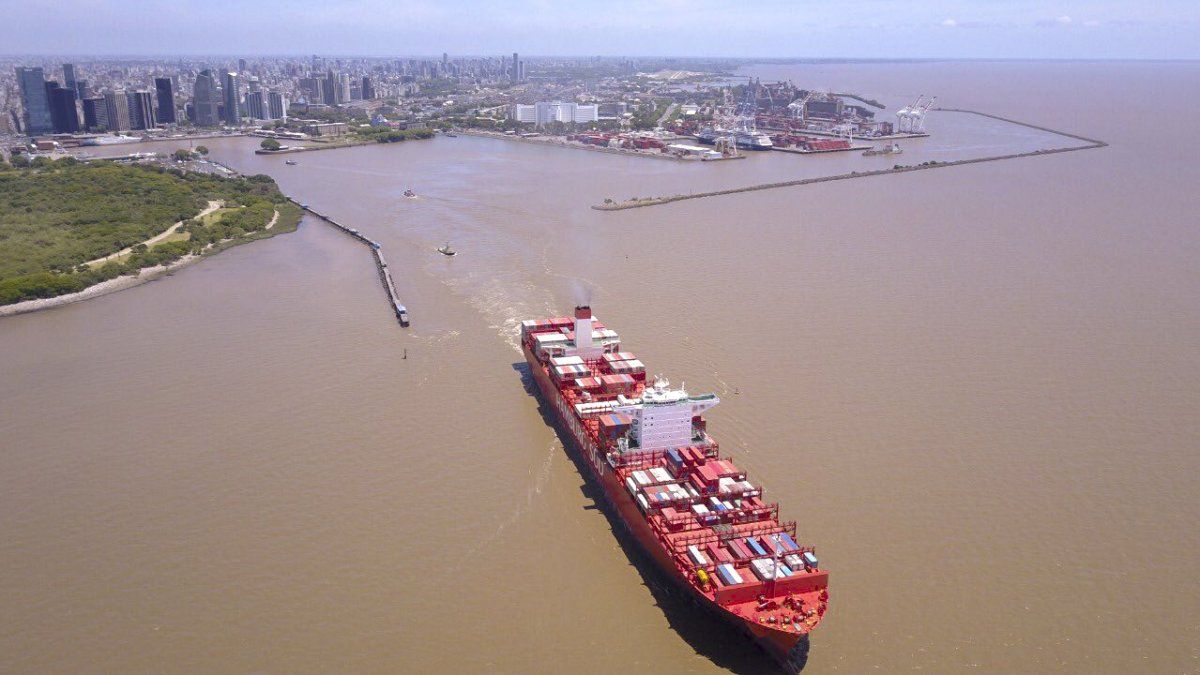Another driver will be increased public spending on defense from the Russian invasion. Today France, Norway and Finland spend 2% of GDP on defense in line with the NATO recommendation chaired by Jens Stoltenberg, but other countries spend around 1.5%. The expected increase in defense spending will have both economic and political repercussions, with a clear beneficiary, the defense industry. The war is also leading Europe to reduce its dependence on Russian energy imports which will eventually require massive investments in the ecological transition. Although it will take years, they predict that strong political support should ensure a favorable environment for green investments in the future. Under a scenario of lower growth, it is most likely that investments in defense and the green transition will be financed with debt, which will add more pressure to public finances.
The aging of the active population It will also play a leading role along with geopolitical tensions. Because cheap labor is only relevant if it has the right skills and lives in areas that are politically and economically stable enough to have factories. In other words, outsourcing is only relevant if the country to which it is outsourced is a reliable and stable partner. The problem is that population aging may play an important role in increasing inflationary pressures due to labor shortages in the coming decades. So if the pressure turns out to be permanent, it would lead to a shift towards greater attention to capital relative to labor in the production process, since capital is seen as relatively cheaper relative to labor. Increased investment, automation and robotization, along with offshoring, could boost productivity growth, which has been sluggish for decades, but this kind of positive outcome is a long way off right now and there are many shocks and events that they could turn the tide.
Another driver is given by deglobalization that will cause more persistent prices. At best, many of these trends can spur long-term innovation and investment, but before this gets underway, if at all, it will create a more inflationary environment. This will force central banks to pay more attention to their price stability mandates. So they are betting that central banks will do whatever it takes to ensure that inflation expectations, a key measure of their credibility, remain anchored. Which will mean that interest rates could soon rise to levels not seen for a decade or more. In the best-case scenario, the pick-up in innovations and productivity will dominate in the long run, boosting economic growth and making monetary policy tightening less of an issue. But in the worst case, the world economy will end up in a stagflation trap, detrimental not only to economic development, but also to social cohesion in general.
Finally the ESG issues will become increasingly complexand companies will pay more attention to country and political risks when assessing which markets to target and how to organize their production.
Source: Ambito
David William is a talented author who has made a name for himself in the world of writing. He is a professional author who writes on a wide range of topics, from general interest to opinion news. David is currently working as a writer at 24 hours worlds where he brings his unique perspective and in-depth research to his articles, making them both informative and engaging.




